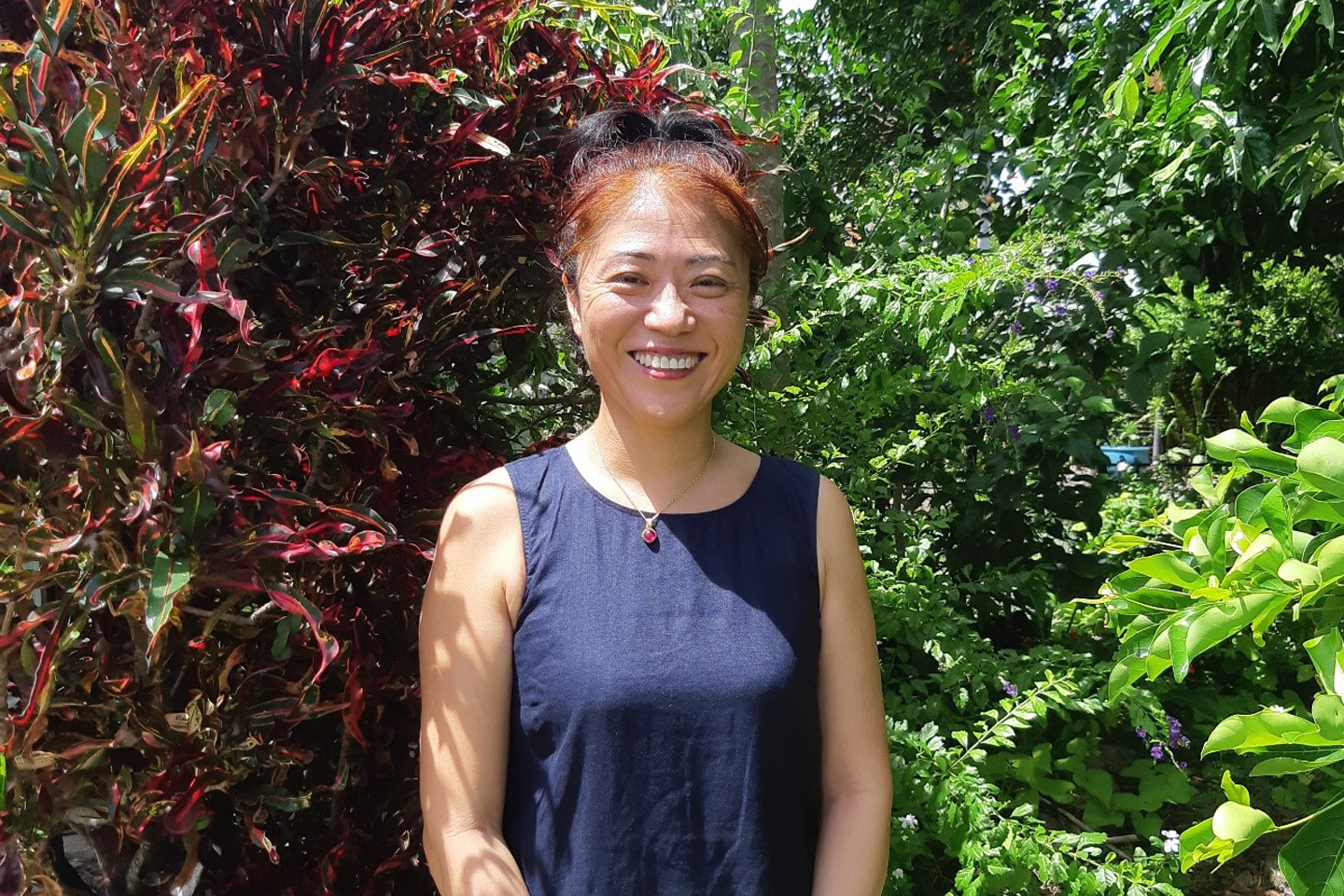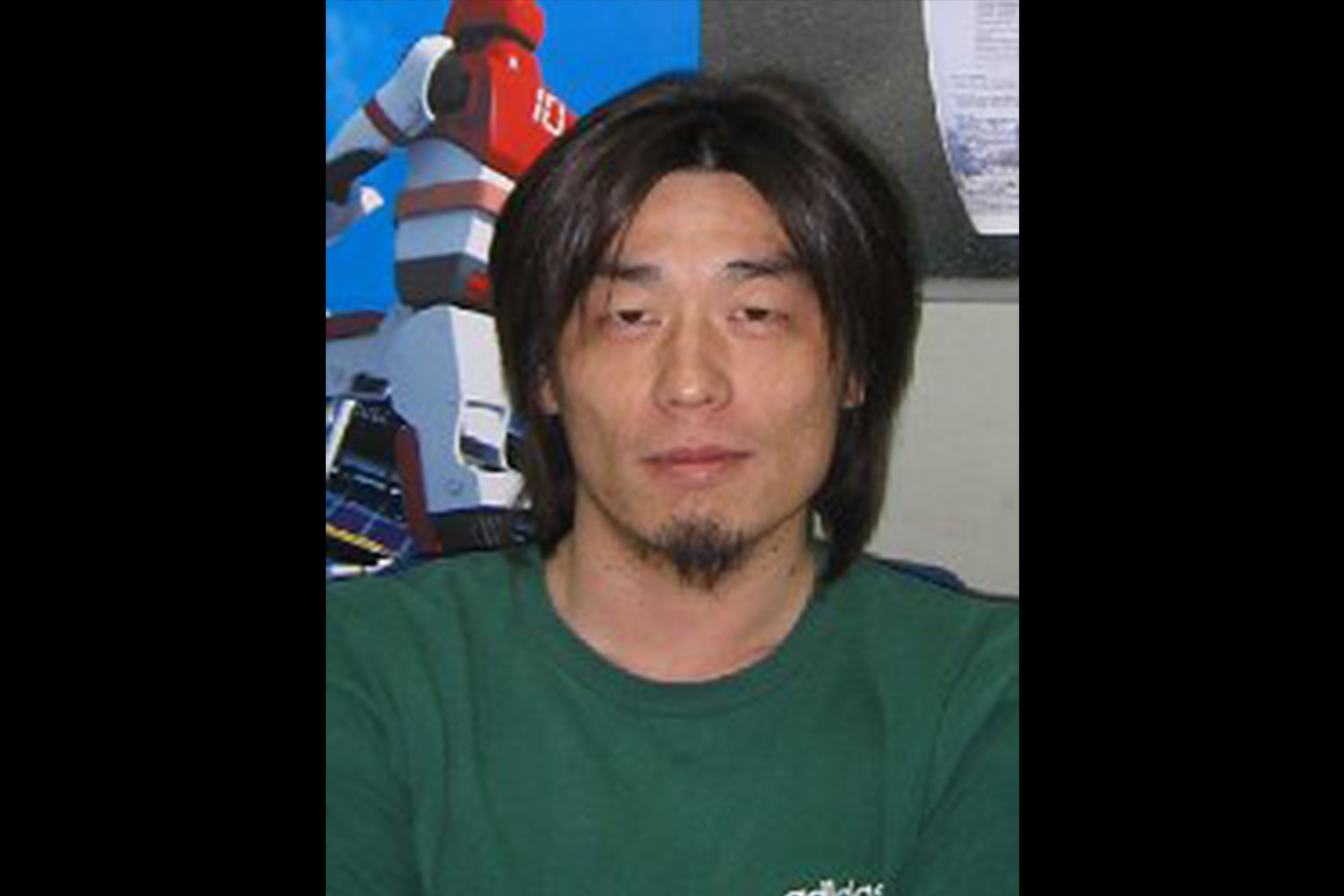Remi Driancourt is the General Manager of the Advanced Technology Division in Square-Enix, Tokyo. He joined Square-Enix in 2009 after a decade of experience in Cognitive Science, Robotics and Natural Language Processing. There, he rapidly fell in love with Animation and Computer Graphics. After two years working as a R&D engineer, Remi became the Graphics Lead on the “Agni’s Philosophy” tech demo showcased at E3 2012. Beginning 2014, Remi handed back his programmer’s hat and took the head of the Advanced Technology Division, whose main mission is to perform applied R&D and provide technical support to Square Enix projects.
In recent years, the virtual space of digital games has gradually become “bigger”, “more dynamic”, and “more realistic”. As a result of this steady evolution, there is also a steady increase in the complexity of the technology necessary to create AAA game titles, as well as the cost of development. In order to tackle these issues, and keep an edge in an ever more competitive environment, it has become a necessity for top video game companies such as Square Enix to invest in Research and Development.
The Advanced Technology Division is a central, international and expert division of Square Enix Japan, mandated with conducting such R&D across all disciplines necessary for game production, as well as providing technical support laterally to all Square Enix projects.
In this talk, division General Manager Remi Driancourt will describe the ongoing transformation of the Advanced Technology Division and the human and technical challenges to be faced when conducting applied Research & Development & Support for games, with cross-disciplinary and cross-cultural teams in Japan.

Ross Finman currently leads AR Strategy at Niantic. He was previously Co-founder and CEO of Escher Reality, acquired by Niantic in early 2018. He is a current Forbes 30 under 30 and previously spent a decade working in computer vision at MIT and CMU. He has worked at NASA and SpaceX, all after growing up on a llama farm.
Augmented Reality is heralded to be the next computing medium, but is still in its infancy today. There are fundamental new problems from all sides, from optical physics to interactive UI which are of a different breed than PC or mobile before. In this talk we will discuss the current state of AR and gaming within it. We will go into the deep tech problems and opportunities when building experiences that interact with the real world. We will finally conclude with how these problems make gaming not just a stepping stone for AR, but the foundation of this next computing medium.
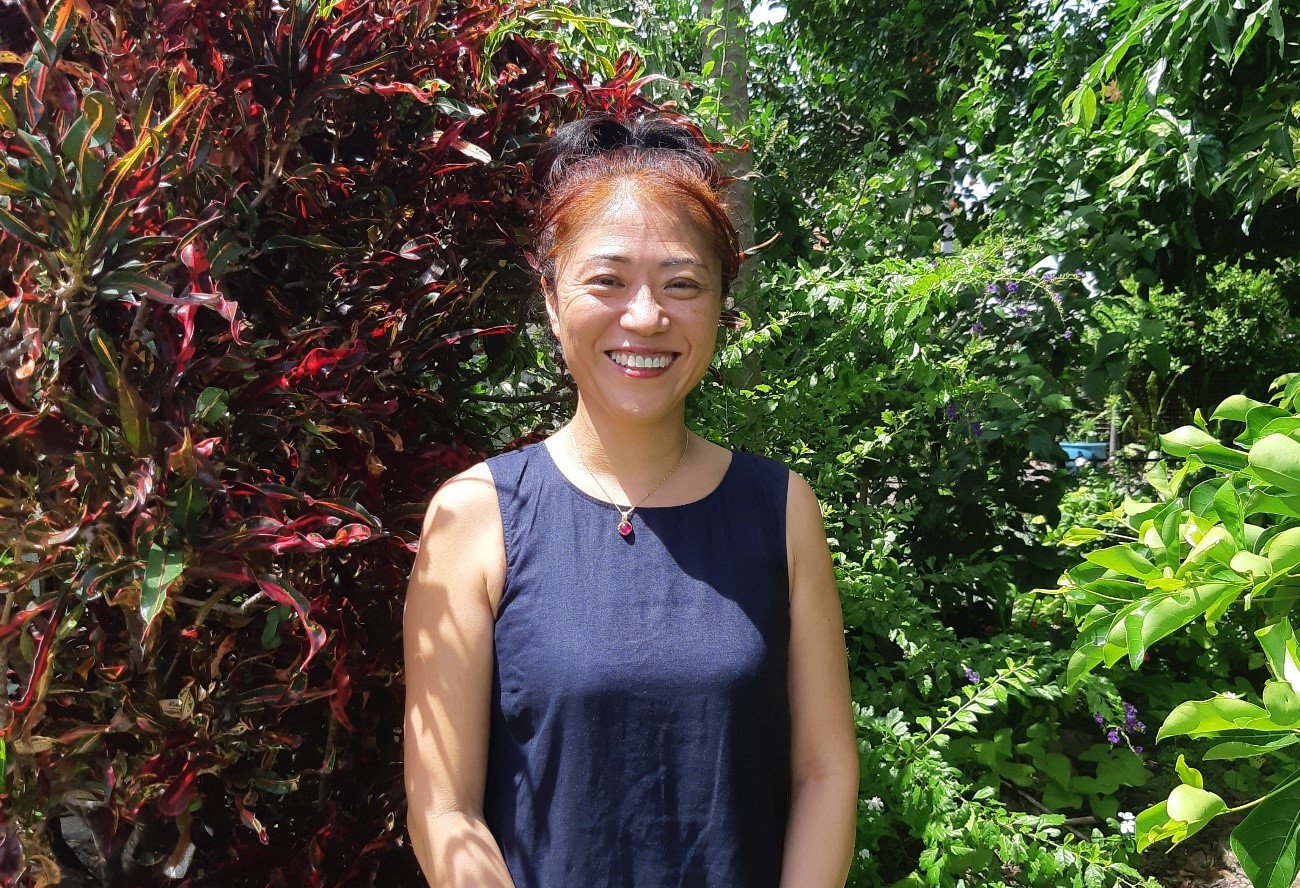
Aya Matsuyama (PhD)is a Darwin-based coordinator and certified facilitator of Imacocollabo Global Team. The team is reaching out to the world with the 2030 SDGs Game to transform our world and ourselves. She is an advocate of meaningful learning through experience; therefore, believes in the potential of the game to bring transformation to ourselves and the world.
She has gained a great variety of work and cross-cultural experiences, starting with working as an engineer designing inspection devices for nuclear power plants in Japan and U.S, an environmental scientist working with Aboriginal communities in Australia to develop groundwater maps, a lecturer/teacher/facilitator at all levels of education. She also works as a consultant providing her experience to support a few philosophy-driven social enterprises.
The 2030 SDGs Game is a simulation game that offers something more than a good time. Its aim is not only to introduce the SDGs and inspire action, but also has the deeper intention to bring transformation to our world and ourselves. The game was conceived and developed in Japan, and has now been experienced by over 150,000 people in over 25 countries worldwide. In corporate, governmental, community, and educational settings, participants simulate what could happen in our world going up to the year 2030. Why has there been so much enthusiasm for this game experience from people in all sectors of society?
I will share my analysis and discoveries regarding the game, and unveil its secrets — which I hope you will not just understand, but fully get in your "hara"—(that's your gut).
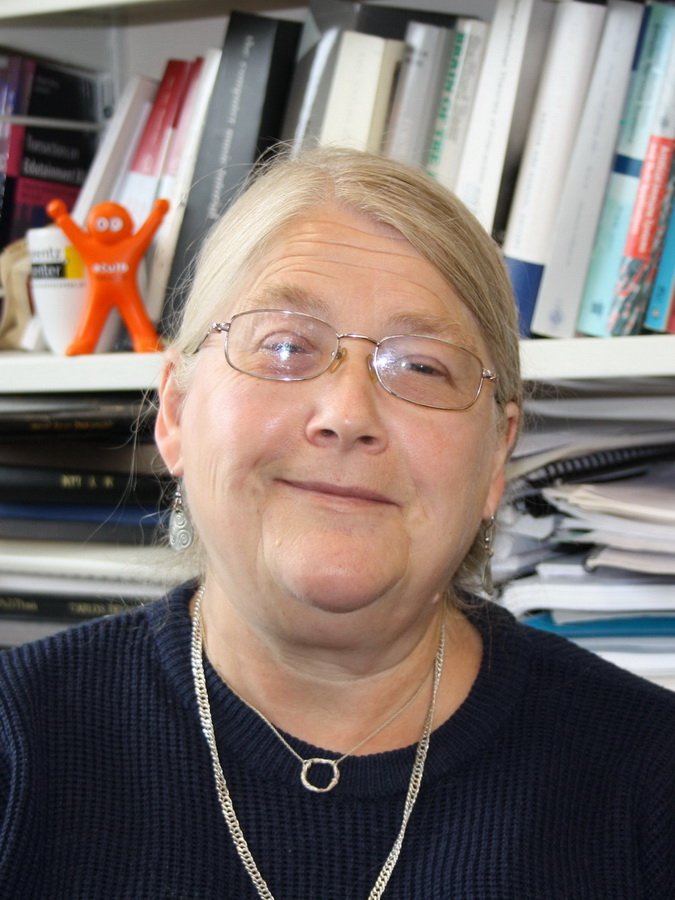
Ruth Aylett is a Professor of Computer Science at Heriot-Watt University in Edinburgh, Scotland. She researches intelligent graphical characters, interactive narrative, social robots, and affective agent architectures, and has more the 250 refereed publications in these areas. She led a series of EU funded projects on intelligent graphical characters applied to social and persuasive education and was a CoI in projects looking at long-lived robot companions and an empathic robot tutor. She is currently researching how far a robot can assist high-functioning adults with autism in improving their ability to recognise social signals.
Serious games are 'serious' because they typically have some educational or therapeutic purpose. They may use game-play as a way of motivating the acquisition of knowledge, but not all education is a matter of knowledge alone. In personal and social education, attitudes and behaviour are the central concerns, and we can think of serious games as essentially persuasive, changing people’s minds about how they should behave and influencing how they feel about important social topics. In this talk I will look at work using empathic engagement - making users care about game characters and what happens to them - as a mechanism through which a serious game can undertake this sort of persuasion.
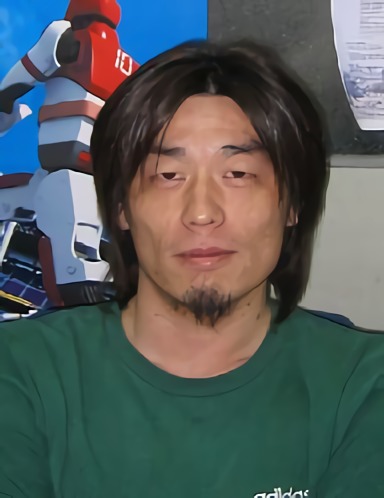
Tomoharu Nakashima (M'95) received the B.S., M.S., and Ph.D. degrees in engineering from Osaka Prefecture University, Osaka, Japan, in 1995, 1997, and 2000, respectively. He joined the Department of Industrial Engineering, Osaka Prefecture University, as a research associate in 2000, became an assistant professor in 2001. He was promoted to associate professor in the Department of Computer Science and Intelligent Systems in April 2005, and he was appointed as a professor in College of Sustainabl System Sciences in April 2013. His current research interests include fuzzy-rule-based systems, RoboCup soccer simulation, machine learning application in industries, and healthcare information systems. For RoboCup soccer simulation, he has won three championships in the world RoboCup competitions. He is currently an executive committee member of Soccer Simulation League in RoboCup Federation. He also serves ad a trustee member of RoboCup Japanese National Committee.
RoboCup soccer is an international project of robotics and artificial intelligence, which has an ultimate aim of beating a human world champion team by the year 2050. RoboCup soccer simulation is one of the categolies in RoboCup soccer where the aspect of artificial intelligence is the main focus. This talks presents both individual and team strategies that have been implemented in order to achieve a flexible and reasonable behavior. First, individual strategies are explained. The concept of chain-action is introduced in order to model the decision making process of an agent. The action selection is done based on a tree-based search which involves multiple soccer agents. The evaluation of nodes in the action tree is one of difficult problems. Some solutions are given in the talk.
Then, several approaches are shown with regard to team strategies. Team strategy is defined in this talk as the combination of player positioning and individual decision making. The situation evaluation is necessary for this chain-action. Deep neural networks are used to evaluate a situation both in the numerical and in the image representations. A method for analyzing the team behavior is also shown.
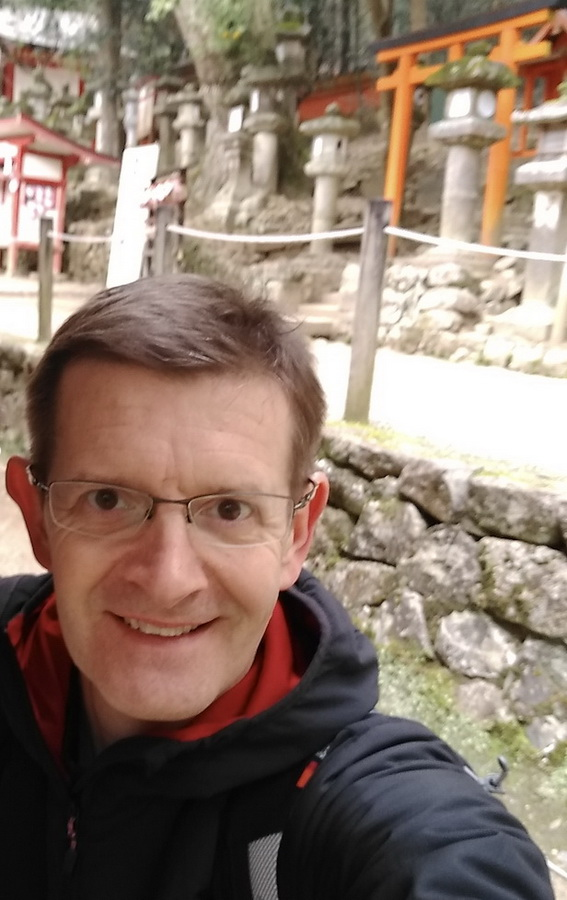
Mark Peterson (Ph.D The University of Edinburgh) is an associate professor at the graduate school of human and environmental studies Kyoto University Japan, where he established and now directs a research lab focusing on the use of digital games and virtual worlds in computer assisted language learning (https://petersonlab.weebly.com). Dr Peterson has published widely and is author of Computer Games and Language Learning (2013) and editor of The State of Play: Digital Games and Language Learning (forthcoming).
Research on the use of digital games in computer assisted language learning (CALL) has a long history stretching back to the days of mainframe computers. In this talk, I focus on examining the findings of significant research in this area. Pioneering early work is discussed as are contemporary CALL research studies involving use of both commercial off-the-shelf (COTS) and serious games. The strengths and weaknesses of the current research base are identified as are some recurrent issues that are impeding development in this area. Looking forward, I will highlight a number of areas that show promise for future research.
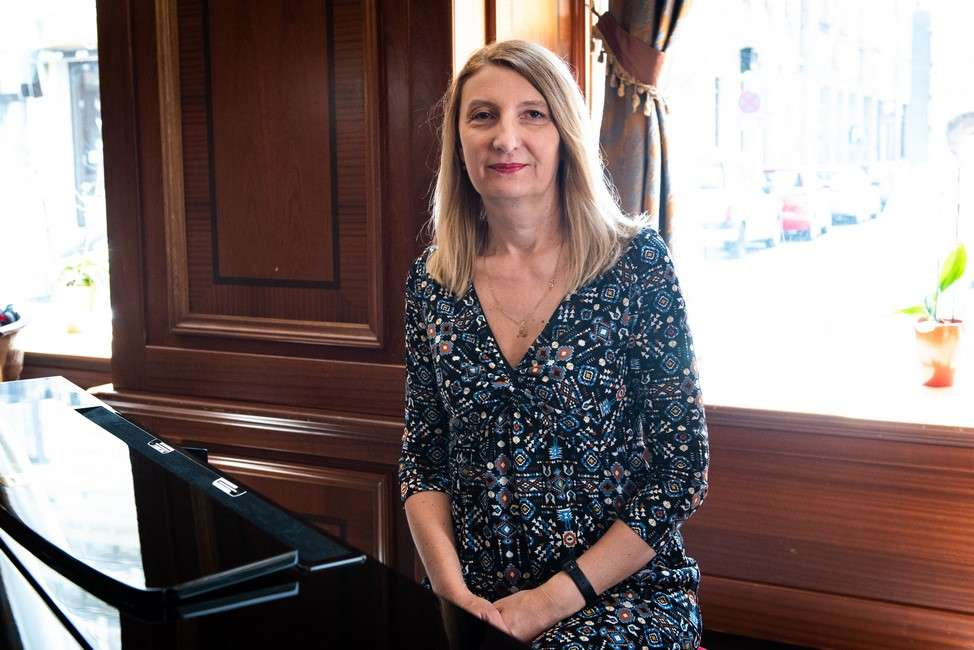
dr Selma Rizvić is a Professor of Computer Graphics at the Faculty of Electrical Engineering, University of Sarajevo. For 23 years she has been teaching there at Bachelor, Masters and PhD study programs. From 2005-2010 she has been engaged as well at the Sarajevo School of Science and Technology, where she established computer graphics courses and Digital Media Center laboratory.
At the University of Sarajevo she founded in 2004 the Laboratory for Computer Graphics - Sarajevo Graphics Group. It is a research group that specialises in the use of 3D technologies for the presentation of cultural heritage. The SGG research group is multidisciplinary, it includes computer graphics experts and works with archaeologists, historians, visual artists, writers, film professionals, in order to design and implement virtual cultural heritage applications which have both educational value and are engaging, entertaining and attractive at the same time.
The unique expertise of SGG in interactive digital storytelling embedded in a number of virtual archaeology projects brought them invitations in major EU consortiums. From 2011-2015 they have been a partner in the FP7 NoE Virtual Museum Transnational Network V-MusT.net and presently they are involved in H2020 iMARECULTURE and EACEA Creative Europe Real Heroes project.
Selma Rizvic was a Work Group leader in MPNS COST Action TD1201 “Colour and Space in Cultural Heritage” (COSCH) from 2012-2016. She is now Steering Committee member of CA COST Action CA16213 New Exploratory Phase in Research on East European Cultures of Dissent, as well as a Steering Committee member of the EUROGRAPHICS Workgroup on Graphics and Cultural Heritage.
She is included as expert in future digital based research and innovation activities on ICT and Cultural Heritage in the framework of the next work programme of the European commission.
More info at: https://people.etf.unsa.ba/~srizvic/
The XR4ALL project is an initiative funded by the European Union's Horizon 2020 programme to strengthen the European XR technology industry and to accelerate its growth. One of the objectives is to create a pan-European (XR-tech) community and expand it world wide. Sylvain Grain will present the main goals and activities of the project.
Within XR4ALL there are 12 Special Interest Groups gathering experts around particular XR sub topics. Selma Rizvic is chairing the SIG9: XR for Digital Heritage Presentation. She is an expert in interactive digital storytelling and she will present the work of her research group and SIG 9 activities.

